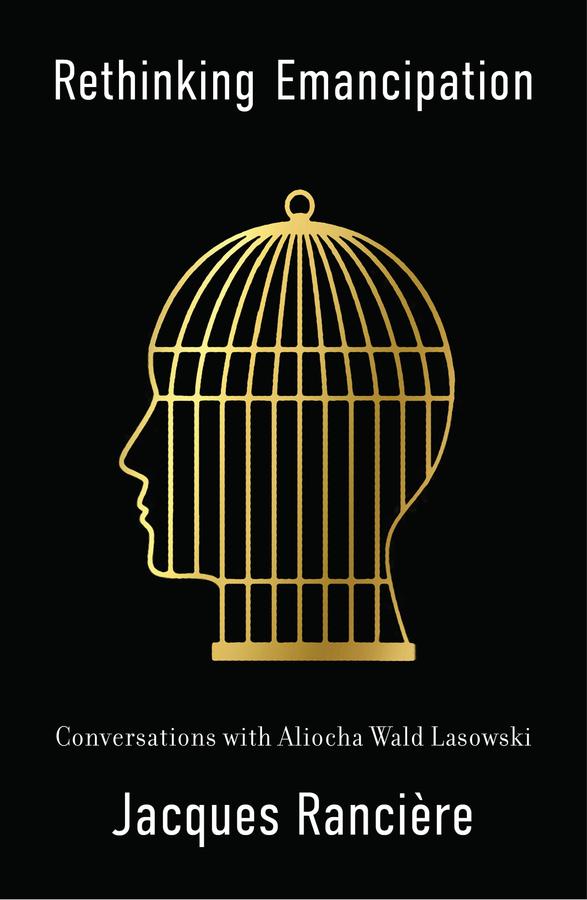
Zustellung: Sa, 11.01. - Do, 16.01.25
Versand in 2 Wochen
VersandkostenfreiBestellen & in Filiale abholen:
Faced with growing inequalities and new forms of domination and exploitation, can the movement of emancipation take on a new life today, or has it been arrested by the powers of repression and normalization?
In order to address this question, Jacques Rancière pays close attention to the sociopolitical rhythms of our time, listening for the figures of trembling and oscillation that are often drowned out by the deafening hubbub of the media. He questions the relationship between democracies and the very concept of democracy, and questions what, in the social movements and protests taking place today, offers a possibility of emancipation. Emancipation means breaking out of the established hierarchies, proposing a ludic attitude of free-floating distance and bringing into it a space of equality to replace the dominant order of inequalities.
In five conversations on politics, art, literature, philosophy and cinema, Jacques Rancière and Aliocha Wald Lasowski consider the form, experience and collectives which characterise emancipation. In so doing, they imagine the world of tomorrow and the radical utopias that will bring it closer to us.
In order to address this question, Jacques Rancière pays close attention to the sociopolitical rhythms of our time, listening for the figures of trembling and oscillation that are often drowned out by the deafening hubbub of the media. He questions the relationship between democracies and the very concept of democracy, and questions what, in the social movements and protests taking place today, offers a possibility of emancipation. Emancipation means breaking out of the established hierarchies, proposing a ludic attitude of free-floating distance and bringing into it a space of equality to replace the dominant order of inequalities.
In five conversations on politics, art, literature, philosophy and cinema, Jacques Rancière and Aliocha Wald Lasowski consider the form, experience and collectives which characterise emancipation. In so doing, they imagine the world of tomorrow and the radical utopias that will bring it closer to us.
Inhaltsverzeichnis
Foreword by Aliocha Wald Lasowski
Chapter 1. Politics: The democratic paradox
Chapter 2. Aesthetics: Aesthetic democracy and social emancipation
Chapter 3. Literature: the politics of writers and the revolution in literature
Chapter 4. Philosophy: Althusser, the theoretical weapon of a revival of Marxism
Chapter 5. Cinema: the sensible fabric of the new life
Notes
Chapter 1. Politics: The democratic paradox
Chapter 2. Aesthetics: Aesthetic democracy and social emancipation
Chapter 3. Literature: the politics of writers and the revolution in literature
Chapter 4. Philosophy: Althusser, the theoretical weapon of a revival of Marxism
Chapter 5. Cinema: the sensible fabric of the new life
Notes
Produktdetails
Erscheinungsdatum
04. November 2024
Sprache
englisch
Seitenanzahl
148
Autor/Autorin
Jacques Ranciere
Übersetzung
Andrew Brown
Verlag/Hersteller
Produktart
gebunden
Gewicht
245 g
Größe (L/B/H)
198/132/17 mm
ISBN
9781509559220
Entdecken Sie mehr
Bewertungen
0 Bewertungen
Es wurden noch keine Bewertungen abgegeben. Schreiben Sie die erste Bewertung zu "Rethinking Emancipation" und helfen Sie damit anderen bei der Kaufentscheidung.









